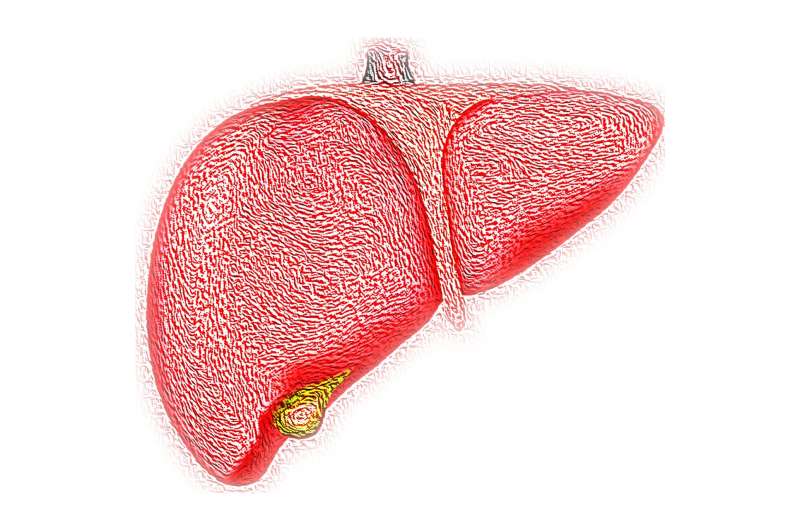Presence of Threadworm in the U.S. Indicates Revival of Forgotten Diseases

New research highlights the surprising resurgence of threadworm infections in South Carolina, indicating that neglected parasitic diseases are making a concerning comeback in the United States.
Recent studies conducted by researchers at the University of South Carolina have revealed a concerning resurgence of threadworm infections in South Carolina, particularly within the Appalachian region and southeastern states. Traditionally associated with impoverished countries lacking adequate sanitation and clean water, these parasitic roundworms—Strongyloides stercoralis—are now resurfacing in developed areas, raising alarms among public health experts.
The research, published in The American Journal of Tropical Medicine and Hygiene, was led by Dr. Matthew Haldeman and epidemiologist Melissa Nolan from USC’s Institute of Infectious Disease Translational Research. Their investigation involved reviewing medical records over five years and analyzing frozen serum samples from residents, uncovering that approximately 5% of the population studied were infected with the parasite.
Surprisingly, nearly one-third of these infections appeared to be acquired locally, with the majority of affected individuals reporting no recent travel. This suggests that the parasite has established a foothold within communities, often going unnoticed. Experts emphasize that although the disease was thought to have been eradicated decades ago, these findings serve as a stark reminder that such neglected infections still pose a significant threat.
Threadworms are capable of causing severe health issues, especially in children, including chronic malnutrition, anemia, cognitive impairment, and hindered educational achievement. Their spread is exacerbated in low-income populations, perpetuating cycles of poverty and poor health. The resurgence underscores the importance of vigilant monitoring and targeted public health interventions.
In the absence of comprehensive surveillance programs—such as the one established in collaboration with South Carolina Department of Public Health—these infections can continue to thrive undetected. The USC team’s approach combined medical record analysis with serological testing to detect ongoing infections, revealing a substantial presence of the parasite that warrants immediate attention.
Public health officials stress the need for continued research into the parasite’s transmission and control strategies. Future efforts aim to eliminate the persistent threat of these parasites, which exacerbate health disparities and hinder community development. Recognizing and addressing this hidden resurgence is crucial for improving health outcomes and preventing further spread.
Source: medicalxpress.com
Stay Updated with Mia's Feed
Get the latest health & wellness insights delivered straight to your inbox.
Related Articles
Unique Gene Expression Patterns in Human Hippocampal Neurogenesis Compared to Other Mammals
New research uncovers distinct gene expression patterns in human hippocampal neurogenesis, highlighting species-specific features and potential therapeutic targets. Source: https://medicalxpress.com/news/2025-08-human-hippocampal-neurogenesis-unique-gene.html
New Enzyme-Targeting Medication Shows Promise in Reversing Fatty Liver Damage
A new investigational drug targeting the liver enzyme DGAT2 shows promise in reversing damage caused by metabolic fatty liver disease, offering hope for early treatment and disease reversal.
How Brain Rhythms Support Intelligence Through Neural Synchrony
Discover how neural oscillations in the brain's midfrontal region correlate with intelligence and cognitive control. New research highlights the significance of flexible neural synchrony for mental performance.
Innovative AI Converts Hospital Data into Readable Text to Enhance Emergency Care
UCLA researchers have developed an AI system that transforms complex hospital records into readable narratives, improving decision-making in emergency care by leveraging advanced language models.



